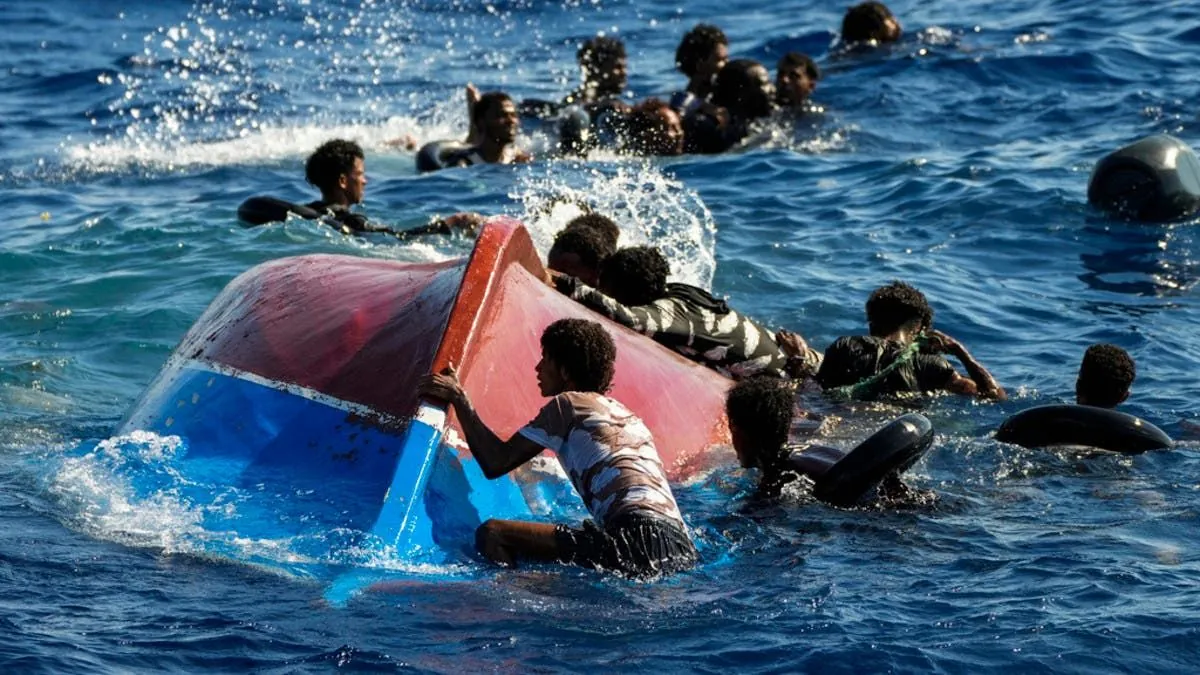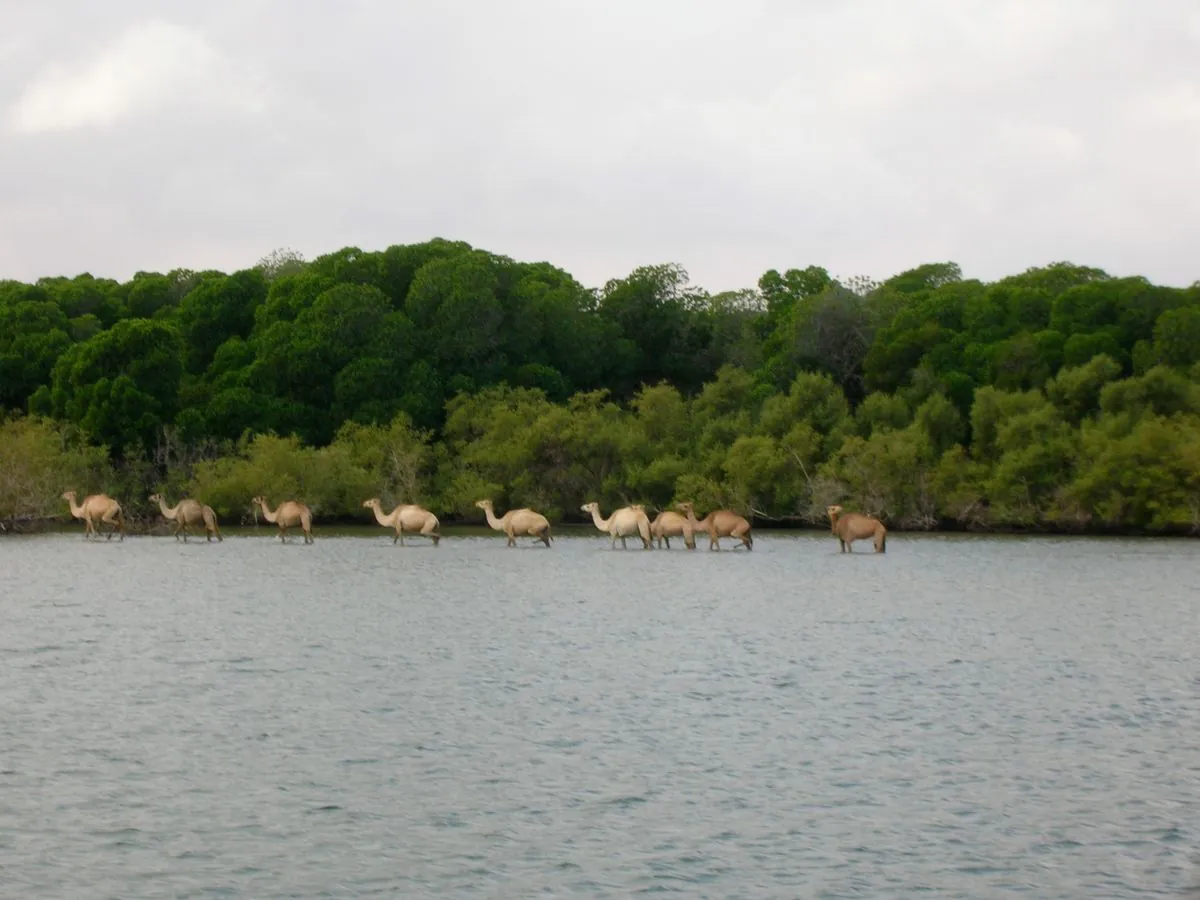Migrant Tragedy: 45 Dead as Boats Sink off Djibouti Coast in Red Sea
Two vessels carrying migrants sank off Djibouti's coast, resulting in 45 fatalities. The UN migration agency reported 32 survivors rescued, with search efforts ongoing for missing persons.

In a tragic incident off the coast of Djibouti, two vessels transporting migrants across the Red Sea capsized, resulting in the loss of 45 lives. The International Organization for Migration (IOM), established in 1951, reported this devastating event on October 1, 2024.
The ill-fated journey began in Yemen, located on the southern end of the Arabian Peninsula, with 310 individuals on board. These migrants, originating from various African, Middle Eastern, and South Asian countries, were part of the ongoing phenomenon of irregular migration—movement outside the regulatory norms of sending, transit, and receiving countries.
Djibouti, a small nation in the Horn of Africa with a population under 1 million, has long been a transit point for migrants seeking better opportunities. The country's strategic location at the Bab el-Mandeb Strait, connecting the Red Sea to the Gulf of Aden, has made it a crucial waypoint for those attempting to reach Europe.
The Djibouti Coast Guard reported that the tragedy occurred approximately 150 meters off a beach near the northwest Khor Angar region, an area known for its mangrove forests. Rescue operations commenced early on September 30, 2024, with joint efforts resulting in the rescue of 115 survivors. The IOM confirmed that 32 individuals were saved, highlighting the discrepancy in reported figures.

This incident underscores the perilous nature of irregular migration routes. Desperate individuals often fall prey to smugglers who overload vessels, putting lives at risk. The journey across the Red Sea, a seawater inlet of the Indian Ocean between Africa and Asia, is particularly treacherous due to harsh weather conditions and overcrowded boats.
Djibouti's role in this crisis is complex. Since gaining independence from France in 1977, the country has faced significant economic challenges, including one of the world's highest unemployment rates. This economic situation, combined with its geographic position, has made Djibouti both a source and transit country for migrants.
The international community, including the Arab League and the African Union, of which Djibouti is a member, faces increasing pressure to address the root causes of irregular migration. The presence of international military bases in Djibouti, including the only U.S. military base in Africa, Camp Lemonnier, adds another layer to the geopolitical significance of migration issues in the region.
As search and rescue efforts continue, the Djibouti Coast Guard, established with support from the United States, remains committed to locating missing persons and ensuring the safety of survivors. This tragedy serves as a stark reminder of the ongoing humanitarian crisis in the region and the urgent need for comprehensive solutions to address irregular migration.
The international community must work together to create safe, legal pathways for migration while addressing the underlying factors that drive people to undertake such perilous journeys. As a signatory to the UN Convention relating to the Status of Refugees since 1977, Djibouti plays a crucial role in these efforts, balancing its humanitarian obligations with the challenges posed by its strategic location and economic realities.


































